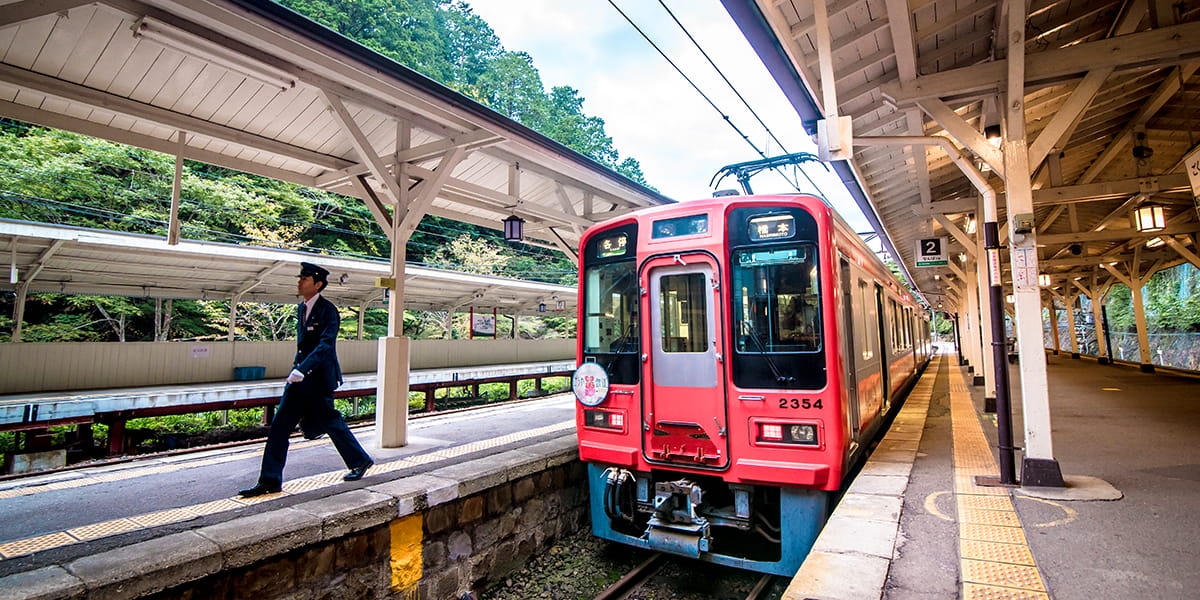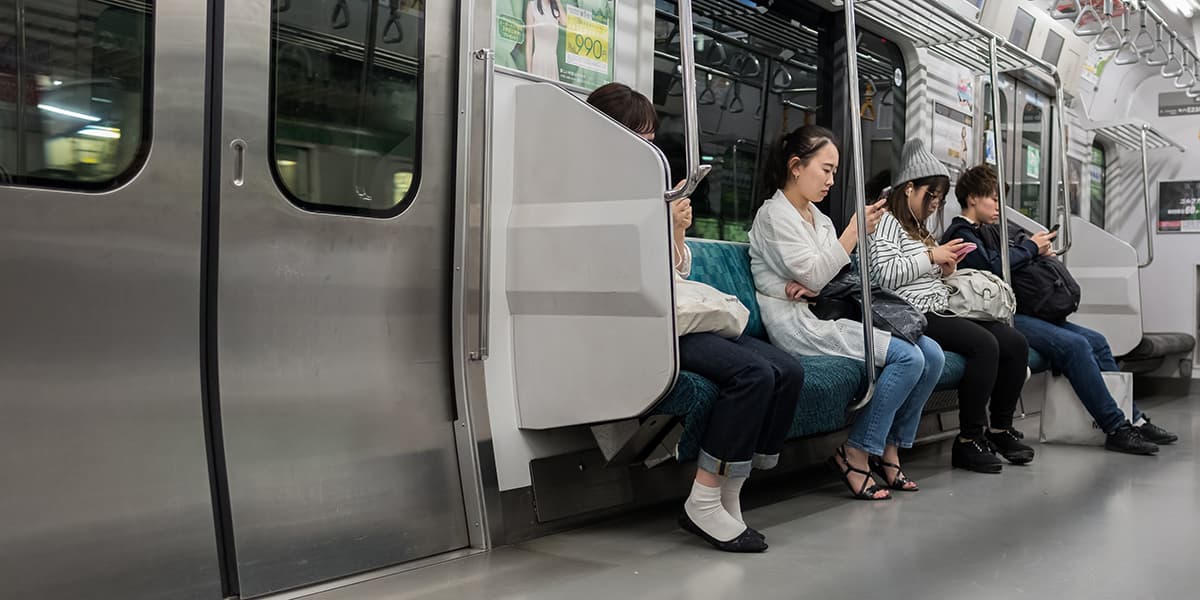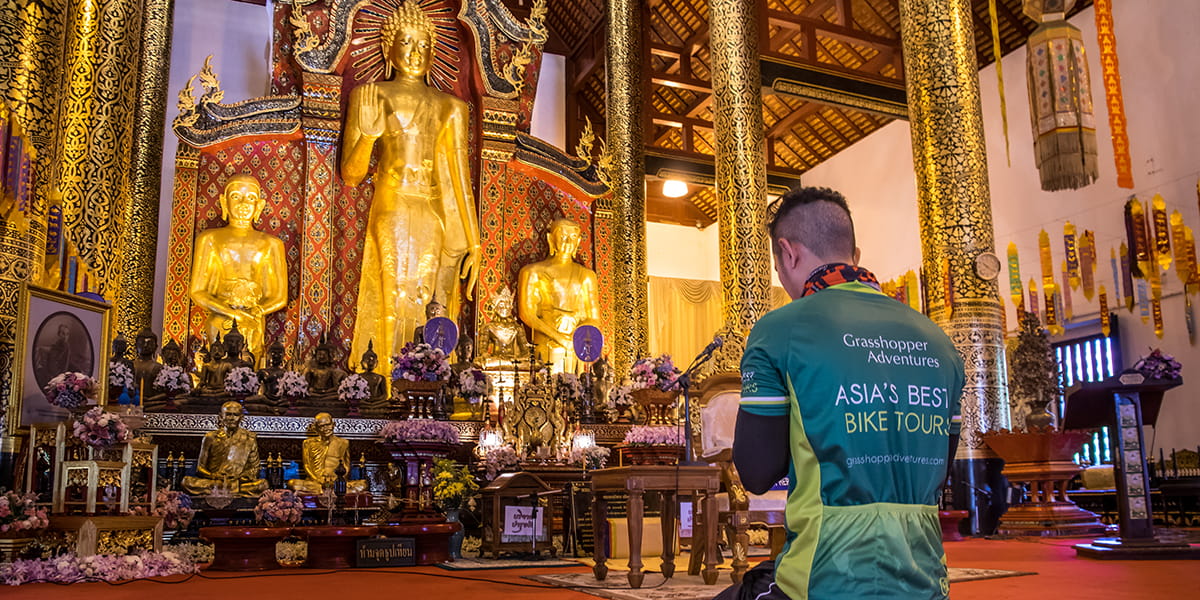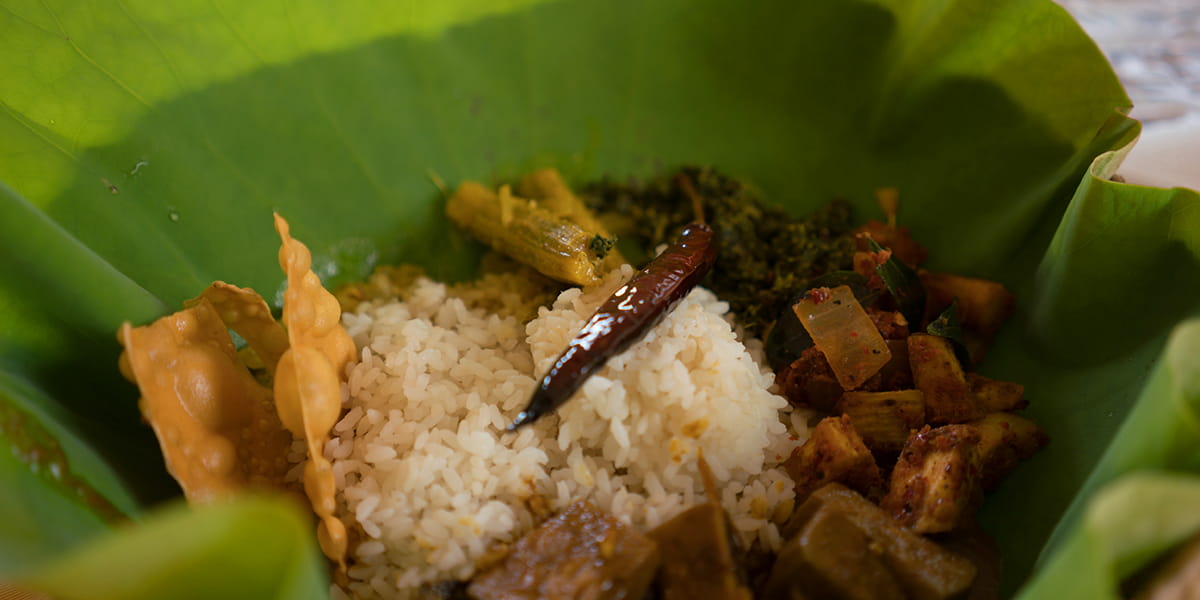The most memorable aspects of travel are not always the sights you see or the towns you visit, but often the things you learn along the way. These sometimes go beyond fleeting light-bulb moments and really sink in, becoming a part of your day-to-day routine or shaping a unique perspective. On a train rolling through rural Australia, Adam reflects on how travel has entwined itself into his everyday life…
I’m sitting on a train in my native country, Australia. It’s the first time in a little over a year I’ve been here and there is always a period of adjustment when one arrives in a different country, even one’s native country, especially after 12 years living abroad. One thing I have noticed is that each visit, I adjust a little less, and feel less inclined to try to revive my Australian accent and expressions.
This journey is to visit my father at our family property, a shack in the forest, acquired when the last of us left Australian shores on a fairly permanent basis. It is our little piece of Australia, although we don’t spend as much time there as we’d like to. A sister in Oregon, one in London, Dad in Sumatra and me in Cambodia. We speak of convening there often, but it is aspirational more than realistic.

So back to this train. I need to make a phone call, but I haven’t made it yet. I walked to the buffet car for a cup of brownish liquid masquerading as coffee, thinking I might find an appropriate place to call, but between the carriages is too loud and inside the carriages, there are… people.
So what? Other passengers in my carriage clearly have no qualms about talking on their phone at a volume that suggests they are actually using a megaphone. So why am I reluctant to call my grandmother and speak in hushed tones to tell her what time I will see her Saturday? I think it’s because I have travelled in Japan.

Traveling by train in Japan you would never speak on your phone, even in hushed tones. I have taken many trains there, some commuter, some regional, some long distance and not in one of those did I encounter anyone speaking on a phone.
Why? Because it is just not done. Japanese people appreciate quietness and feel it inappropriate to disturb the peace of another’s train journey for their own needs or impulses. So they don’t make phone calls on trains and have all alerts on silent, necessary communication is kept purely to text. In fact, there is usually a sign (they love signs with rules in Japan), to remind people not to speak on the phone.
So sitting on this train, I’m thinking about how through our travels, we sometimes pick up the habits and customs of the people in the places through which we travel.

I almost always take off my shoes when I enter someone’s home. I learned the importance of this from Hla Myint Oo in Mandalay, Myanmar, but it is also a custom of all Asian cultures. This goes hand in hand (or foot in foot) with the habit of keeping spotlessly clean floors and almost always a hard surface (typically tiled or wood) rather than carpet. My hosts outside Asia often find my tendency to remove my shoes, bothersome, but likewise, I find it hard to look past an even slightly unclean floor these days.
From my dear friend and colleague Thang Quyet, I acquired the habit of using chopsticks turned around when helping myself to a communal dish on the dining table. I also learned to place my chopsticks flat on the top of my noodle bowl rather than to place it like incense sticks, sticking up in the bowl.

Again on the subject of food, from the first Thai person with whom I worked, Mr. Nithi Subhongsang, I learned that when eating shared dishes over rice, it is polite, enjoyable and less wasteful to place one dish at a time on top of the rice instead of piling up an estimated total meal. To finish that dish, and then have the next one. This way you are less likely to end up with surplus food that you either do not like, or cannot eat. In Thailand where you will often find a dish so laden with chili that you may not be able to eat it without winding up in an ICU, it is important not to pile up such a dish on your rice!
My Lao colleague, Thong Kien, many years ago taught me the value of remaining silent for a long time when confronted unfairly about matters beyond my control. He found that often the accuser comes full circle when given the opportunity to reflect and consider their own actions.
My Chinese friends taught me that it is good form to pay the bill on a shared meal discreetly, on a trip to the bathroom and also about the value of giving face to one’s hosts, through allowing them to demonstrate their concern for my well being, even though the offers and actions may be unnecessary.

A driver named Hermasiri in Sri Lanka showed me that it is important to be open to the possibilities of change, because nothing is permanent. He also taught me that sometimes when eating curry and rice off a banana leaf, using your hand instead of cutlery can achieve better outcomes.
My Cambodian friends taught me that it is polite to hand an item to another person with only your right hand. That handing an item with the left would not show sufficient respect.
My American friends reinforced the importance of speaking up when things are not right. When someone is neglecting their communal duty. When someone is being inconsiderate to those around them or when they are accepting a situation short of what they deserve or are owed.
But most importantly my wife Marie (Khmer National) has transferred to me so many interesting habits that the list would be too long, but she has ultimately impressed upon me the value of patience. Often things will fall into place if you just give them adequate time to do so.

I hope that soon, things will fall into place and this train will reach its destination so that I can call my grandmother. Until then, I’ll sit patiently here on this train, trying not to eavesdrop on the other passengers babbling away on their phones.
KICK-START YOUR |
 By Adam in Siem Reap Posted 4th Mar 2019
By Adam in Siem Reap Posted 4th Mar 2019







